This is the beginning of a rather angelic few days for us Catholics. Today we celebrate the feast of the archangels, and on Friday we will have the joy of honoring our guardian angels. We celebrate the way the angels protect and guide us and keep us on the path to Christ.
Many people think that when people die, they become angels. That’s not actually true. Angels are a different order of creation from human beings. There is a continuum of creation from things that are pure body, like a plant or a rock or a lump of dirt, all the way to those who are pure spirit, which would be the angels. We humans are somewhere in between, being the highest and greatest of the bodies, and the lowest of the spirits. Everything has its place in creation, and was created the way God intended it.
So today we celebrate the highest of the highest of the spirits: Saints Michael, Gabriel and Raphael, the archangels. Each of these angels is specifically mentioned in Scripture. Michael is mentioned in the book of Revelation, as the protector of the heavens and the defender of the people of God. Michael fights the spiritual battle that is going on throughout the ages. He is the patron of police officers, and the pope. Gabriel is the announcer of good news, and we know him from the story of the Annunciation to Mary of her pregnancy. Gabriel is the patron of communications workers. Raphael is mentioned in the book of Tobit, in what is a beautiful story. His purpose in that story is to protect Tobit on the journey to recover his family’s fortune and to introduce Tobit to Sarah, curing her of the despair she had over her last seven marriages, which all ended in death on the wedding night. Raphael also cured Tobiah, Tobit’s father, of blindness due to cataracts. Tobit and Sarah get married and live happily ever after, which is why it’s such a great story. Raphael is the patron of travelers and healthcare workers.
We know a little bit about all these angels because of today’s feast. But those stories are not finished just yet. The angels are still working among us, guiding us, healing us, defending us, and bringing us good news. The angels are probably working through people you know. They’re even working through you whenever you help someone else. The truth is, I don’t think we would live very safe and happy lives if it weren’t for the angels among us. Today we should thank God for Saints Michael, Gabriel and Raphael, and for all the people who cooperate with those angels in all their important work.

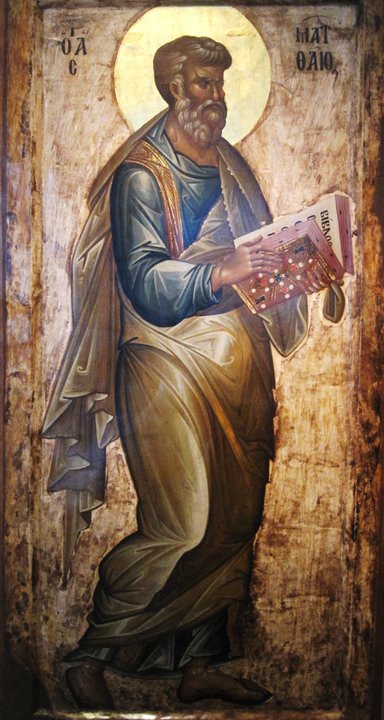
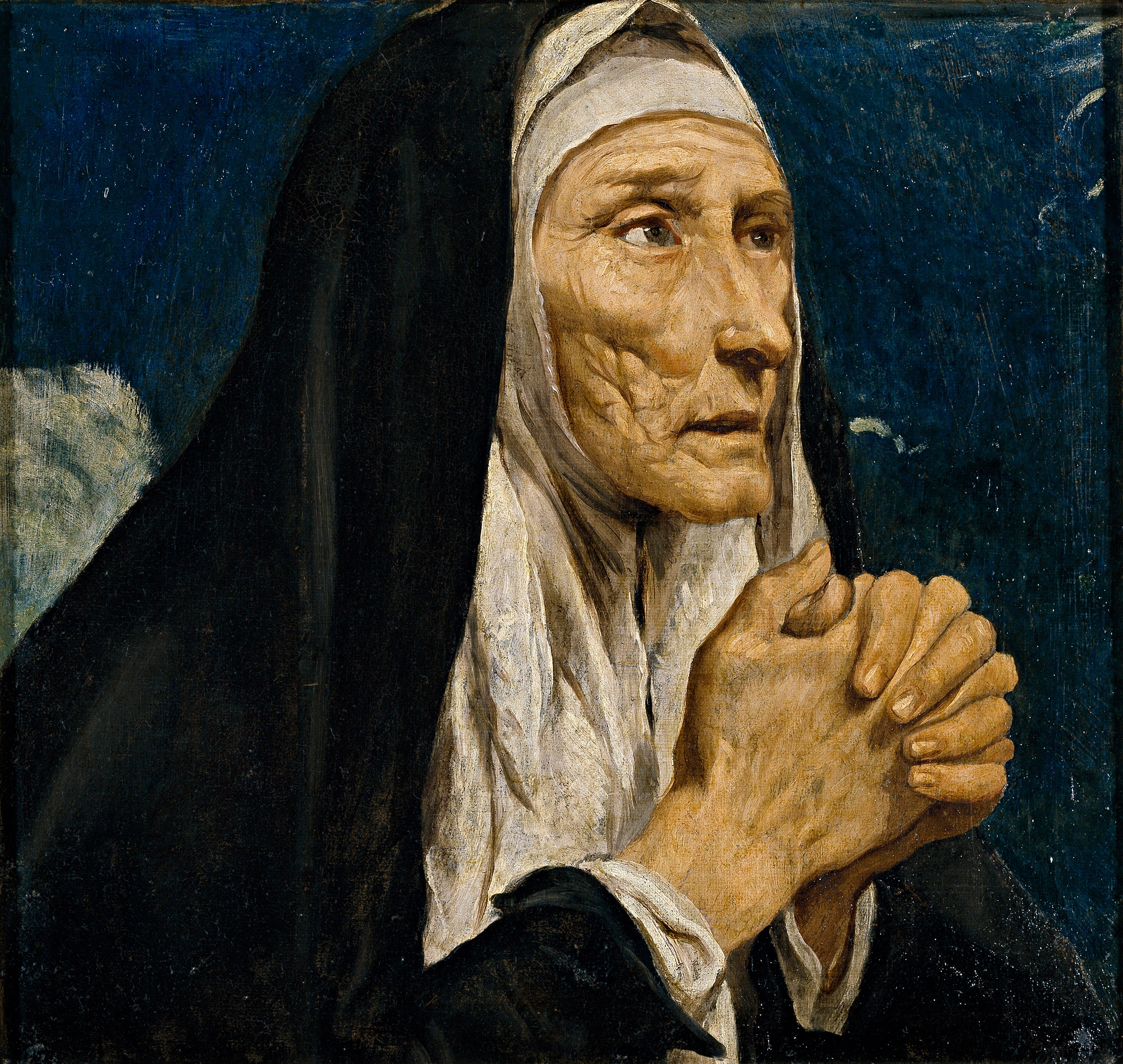
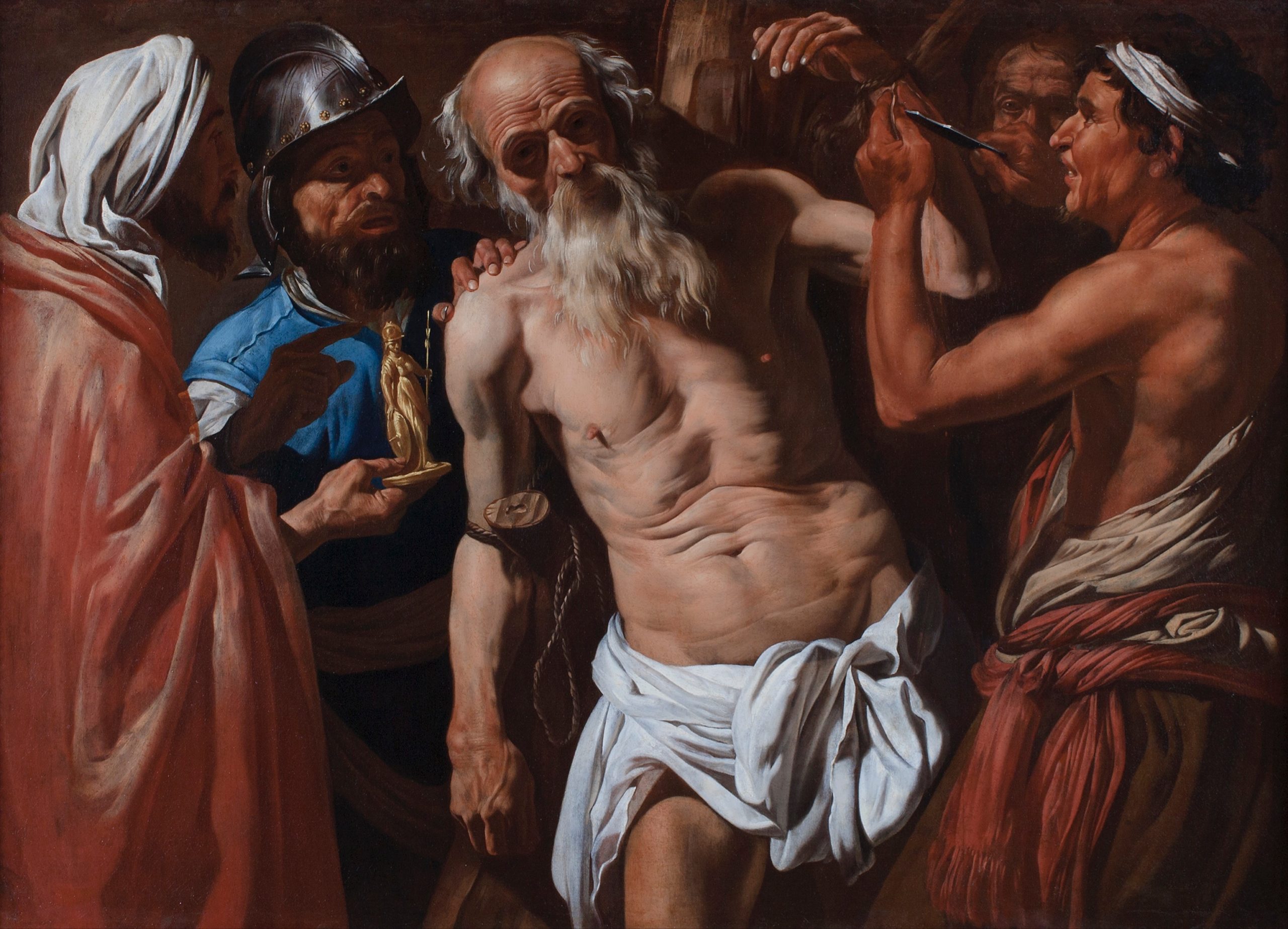
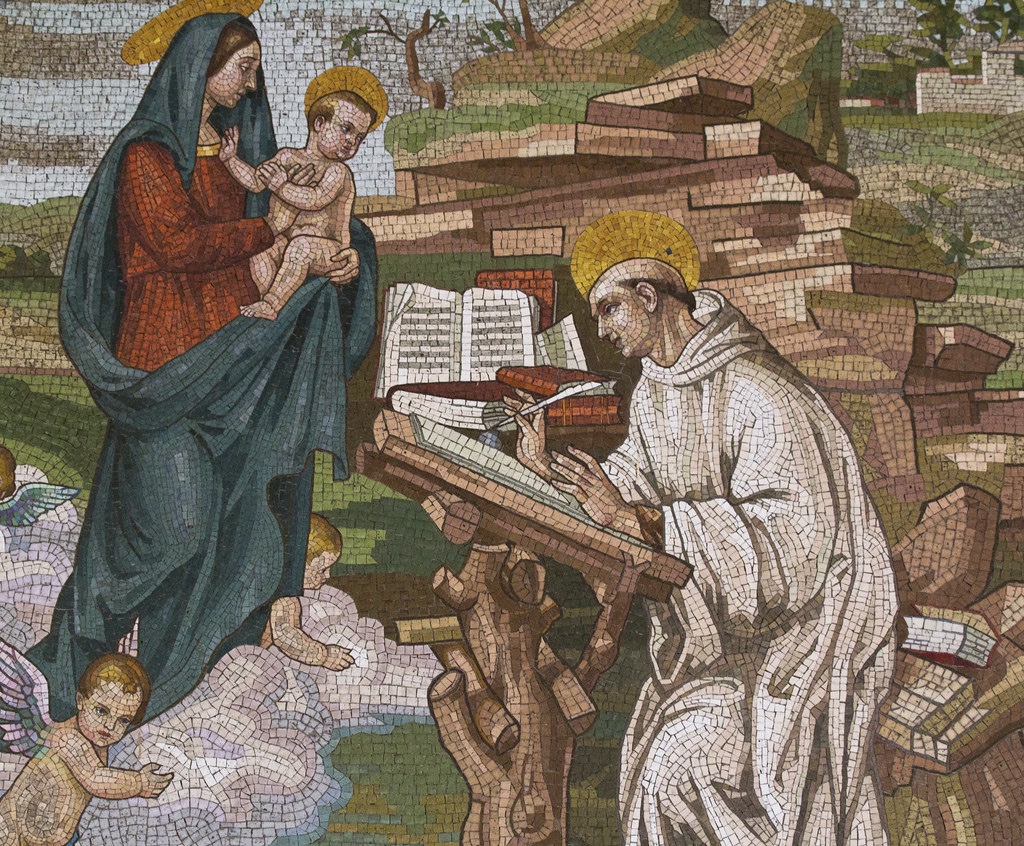
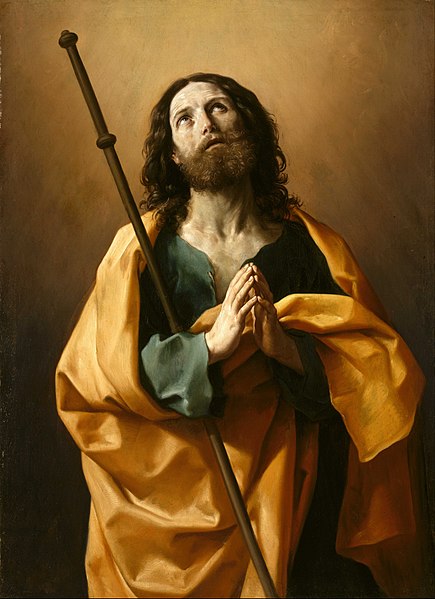
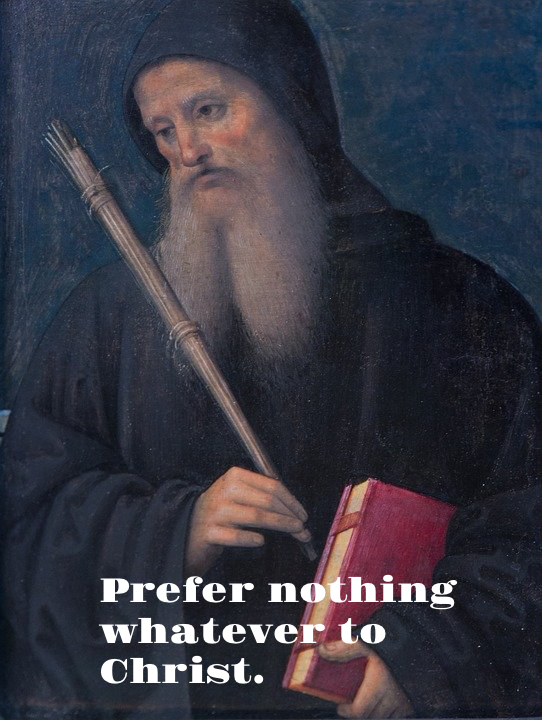
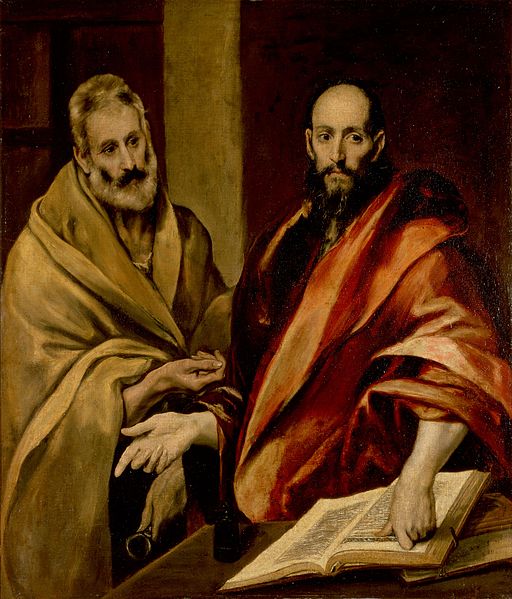
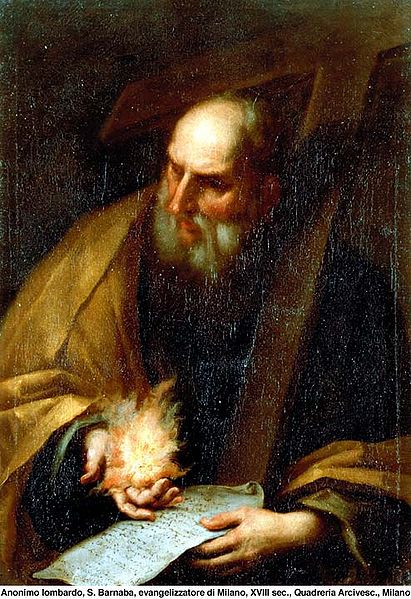

You must be logged in to post a comment.